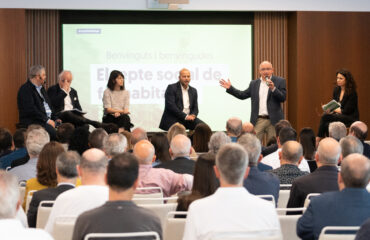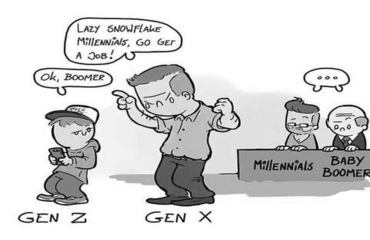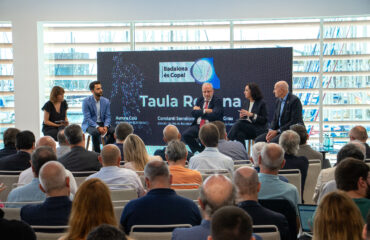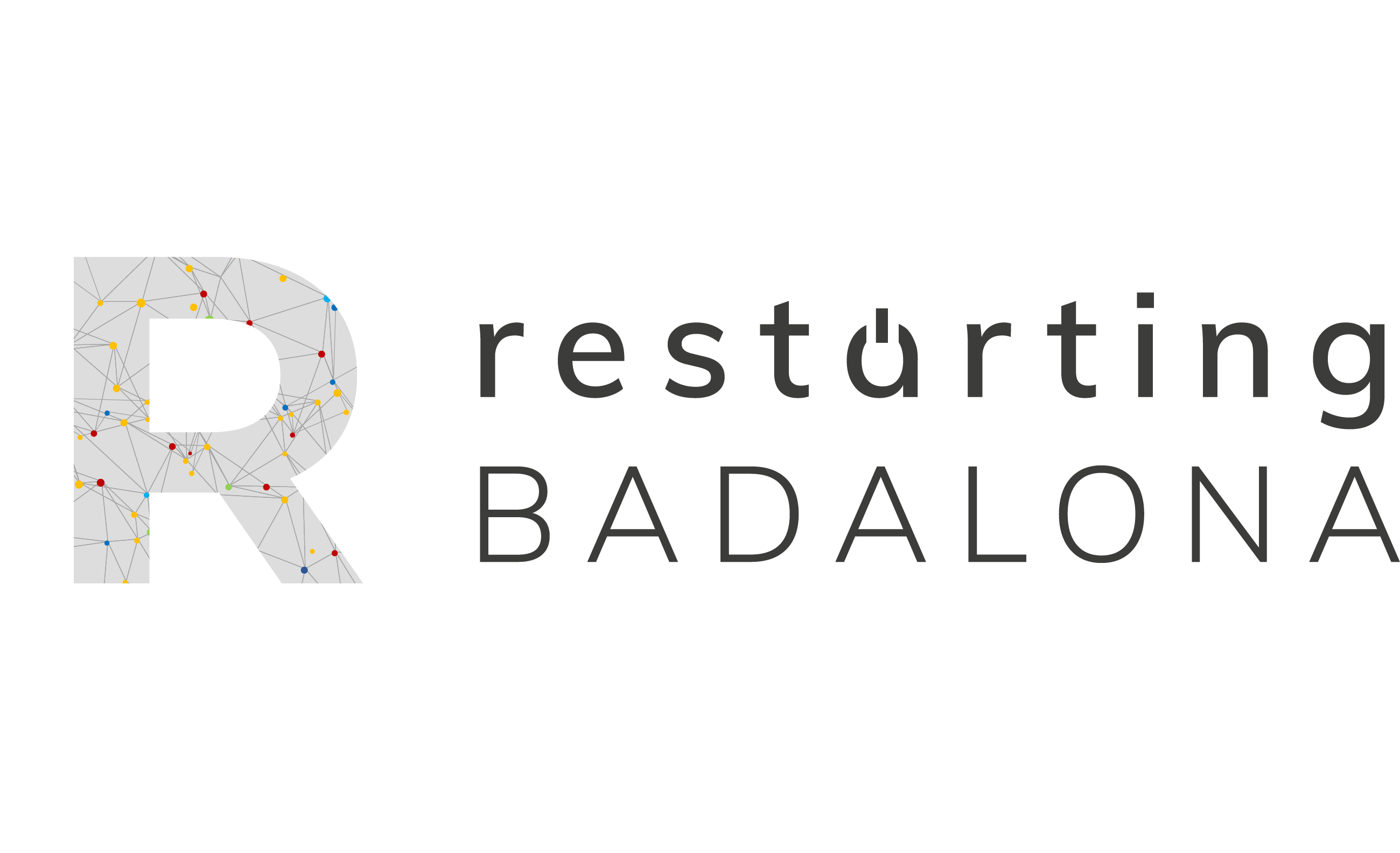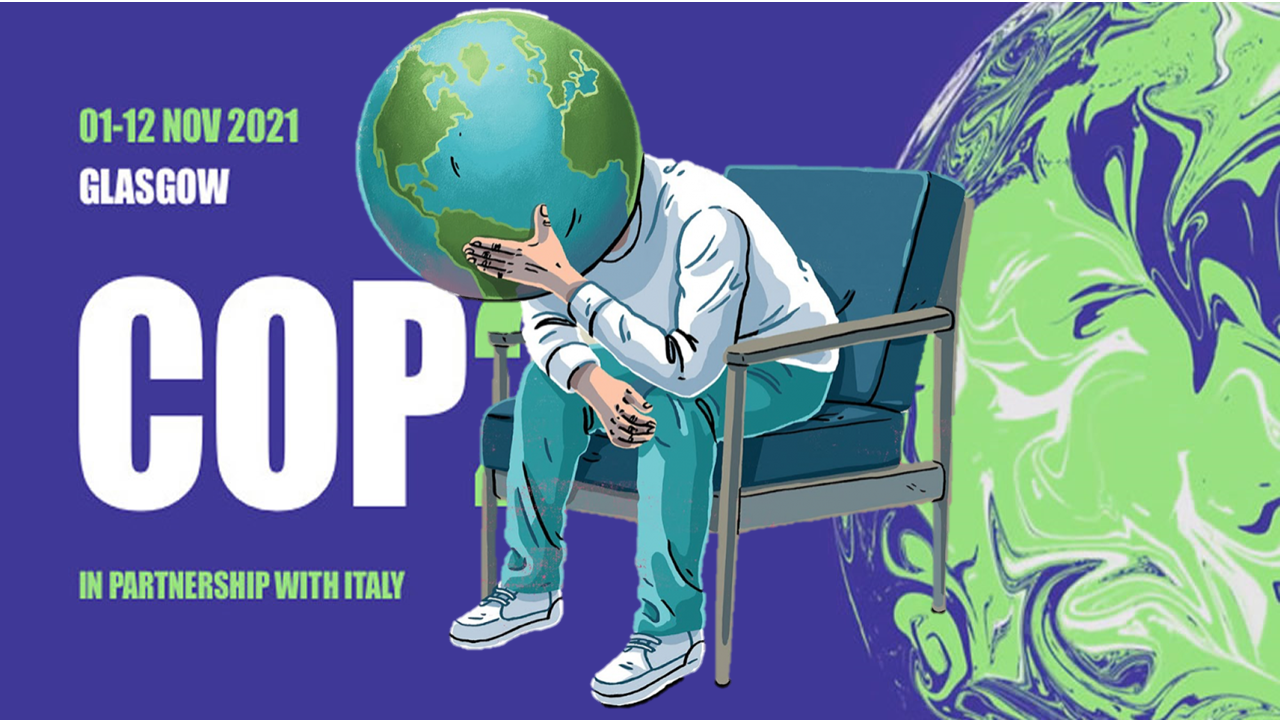
What good is it – I read it in a report by Andy Robinson in La Vanguardia – that in 20 years renewable energies have been installed that could supply a territory like Russia if in the same period we have increased – due to population growth and world GDP – six times more energy demand?
These days in Glasgow a lot of leaders of the governments of the world have gathered – except for the presidents of Russia and China – to continue explaining that the planet is sinking and that we will do some things to prevent it from happening soon. Or so they say. Because if we look at the newspaper library, each appointment of ‘environmental tourism’ is a succession of unattainable commitments or made in the absence of the key players so that they can become reality.
This same year, for example, they have reached an agreement to reduce methane emissions by 30% – responsible for 25% of the increase in global temperature – in the absence of the three countries that emit the most: once again China and Russia, in addition from india.
In particular, all this seems nonsense to me. The other day, watching the documentary Eating our way to extinction, available on YouTube and winner of the last SUNCINE Environmental Film Festival, all that perplexity that I feel was put even more in evidence. I don’t want to spoil it, but I recommend a critical view. Perhaps not everything that is said is true. The role of many companies in certain sectors that are making and achieving relevant achievements in reducing their environmental footprint is surely being overlooked. It is even possible that some lobby may have been interested in putting more bread than cheese in according to what data is expressed. But it is a documentary that does not put you in a good mood. When these days some made fun of young people who suffered from eco-anxiety, I agreed with them. In environmental matters, our planet is upside down, and the more you read and the more you want to know, the worse you feel.
In all the communication of such delicate matters, I find three traditional, systemic errors: the first, that the environmentalist world has not been able to explain its arguments in an empathic way. Believe – as some do – that you can add a majority to a cause when you propose apocalyptic scenarios calling for redemption, put your hands in his pocket – increasingly empty – with new taxation (entrance tolls in Barcelona) or explain –Barcelona has done it this week– how many CO2 emissions it emits to eat meat –as if the vegetable protein was not packaged or you do not have chemistry– does not seem the best of ideas.
The cause of the sustainability of the planet cannot be the patrimony of any ideological bias
Traditionally, environmentalism is accompanied by moral lessons or it charges wafers against economic sectors where labor is employed which, if what some environmentalists ask for, would lose their job and, therefore, feel attacked when they are told that it is ” responsible “for the evils of the planet.
The second of the errors has been in politics, which too often forces citizens to take charge of a whole series of costs and practices that basically do not serve any purpose other than to distract us from the urgent and most critical decisions. “Do not use single-use straws,” they tell us, while now we have learned that more than 80% of microplastics pollution in the oceans is due to plastic waste thrown away by protected massive fisheries removals –by the way– through the states.
The third is not to recognize more effusively the companies that do their homework, which there are many and in many countries. Also from the animal protein sector, by the way.
We must make many changes, of attitude and habits. Global warming and overpopulation are something that, like it or not, push society toward the basics. And this should not necessarily be a bad thing. Among some friends, when we talked about the country we wanted, we said years ago that we wanted to build a society of the “best and best”, and not of the “more and more”.
Industry cannot be produced with planned obsolescence. Products must last. Clothes cannot be bought so cheap, nor can they be of such poor quality. You can’t catch a plane every weekend on a whim. We cannot pretend to eat products from the other side of the world as if we had produced them at home. And we cannot make ourselves take everything – even the most insignificant – at home. And this is not “decreasing”, it is consuming with common sense and with proximity, and recovering the industrial production that we should never have lost. Do you remember that with the pandemic we realized that we no longer even made respirators in hospitals? Well that.
Finally, the cause of the sustainability of the planet cannot be the patrimony of any ideological bias. And the biggest mistake is not reaching a consensus on how to change the economic model without falling into ruin or burdening ourselves once and for all with the only thing that belongs to all of us.
Ferran Falcó, member of the Restarting Badalona association
